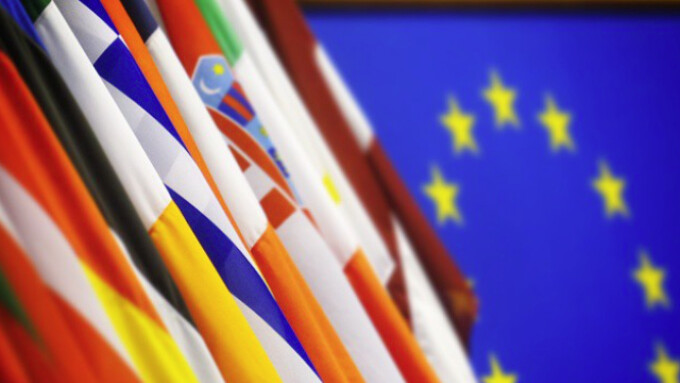STRASBOURG, France — When the European Parliament voted in favor of net neutrality legislation on Tuesday afternoon, they rejected four loophole-killing amendments that would have more strongly prevented tiered Internet services.
The proposed amendments were designed to stop ISPs from creating specialized service "fast lanes" for higher paying customers and forbid mobile operators from making content free via "zero-rating" as part of promotional offers. They would have also prevented ISPs from abusing "congestion management" to prioritize certain classes of traffic or slow down all traffic as a supposed safeguard against "impending" congestion.
The legislation does ban paid prioritization, but gives ISPs wiggle room for HD videoconferencing, IPTV and health care services like telesurgery. This freedom may be abused to favor those that pay ISPs. Zero-rating wasn't outlawed and neither was "impending" congestion management. ISPs are also allowed to treat Internet application types differently from others.
"The Internet’s open structure is what made it the successful driver of growth and innovation in the digital economy and digital culture that it is today," said Julia Reda, Member of the European Parliament for the European Pirate Party. "That providers will be allowed to discriminate against certain traffic not only creates a two-tier Internet, it also removes incentives for carriers to extend their capacities."
One positive outcome of the legislation is a ban on roaming charges, which will cut fees for the use of mobiles while traveling in the E.U. by mid-2017. The newly passed net neutrality rules will go into effect on April 30, 2016.








